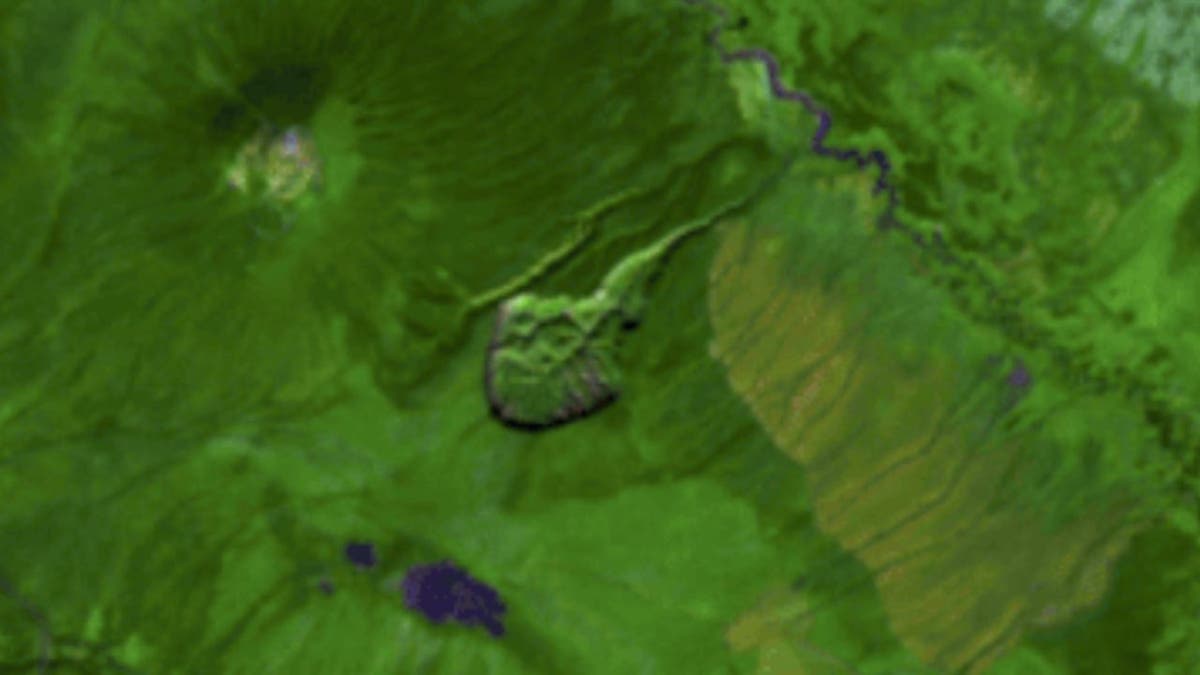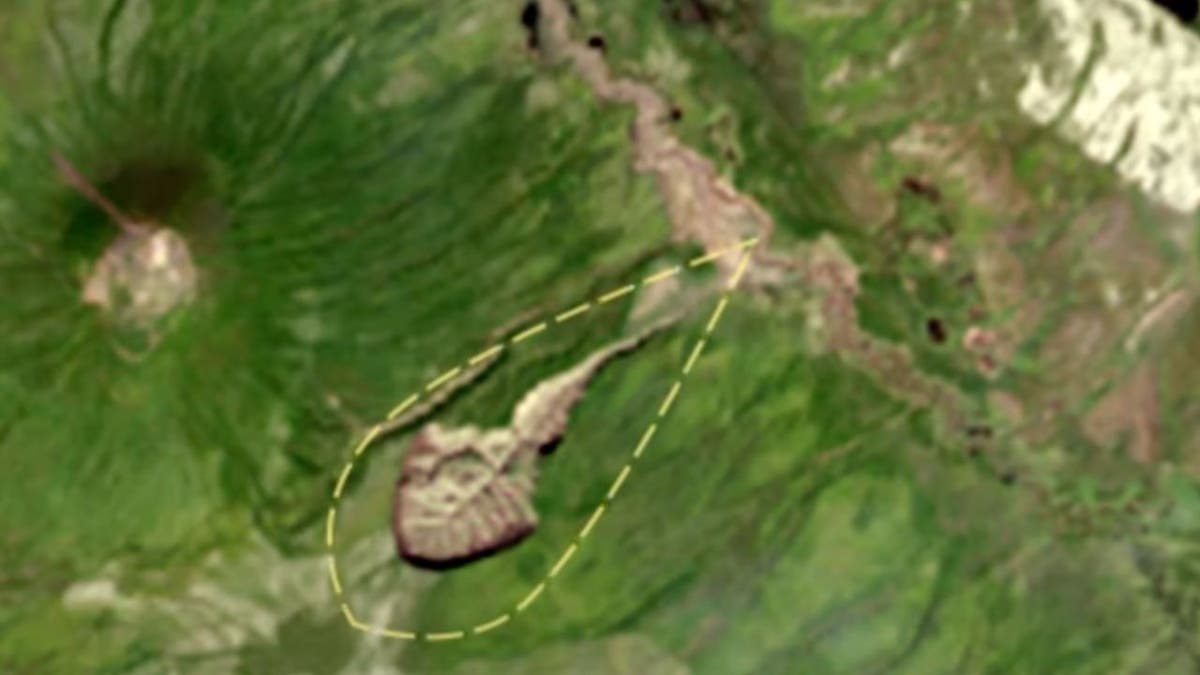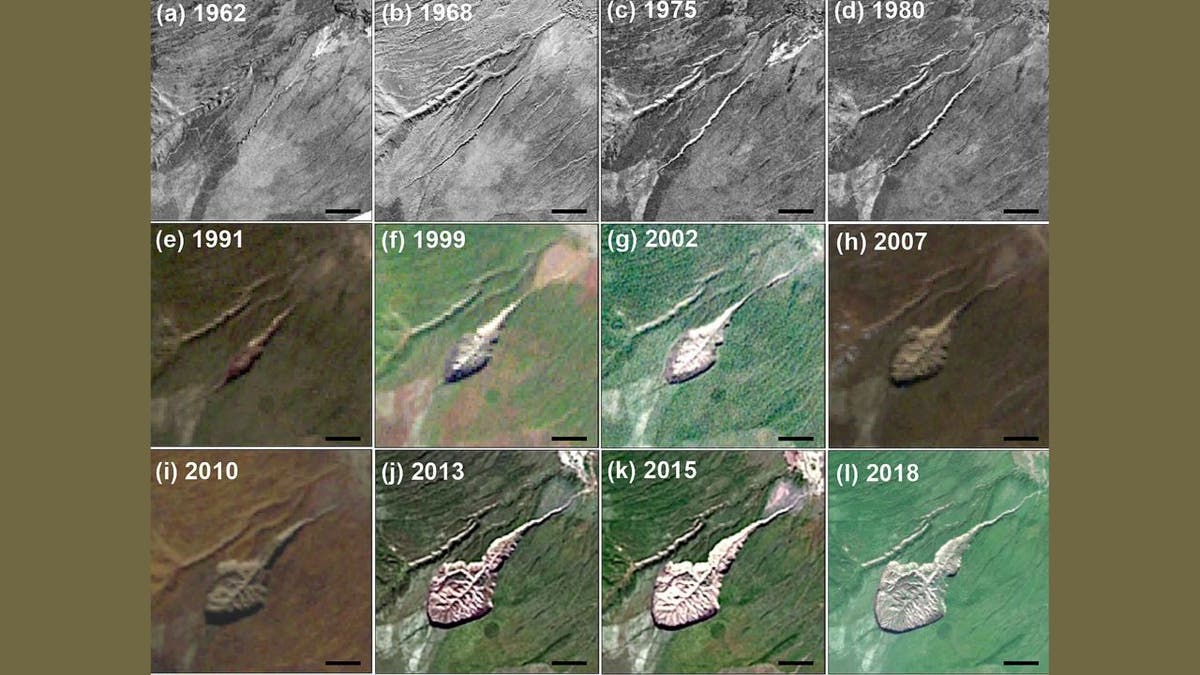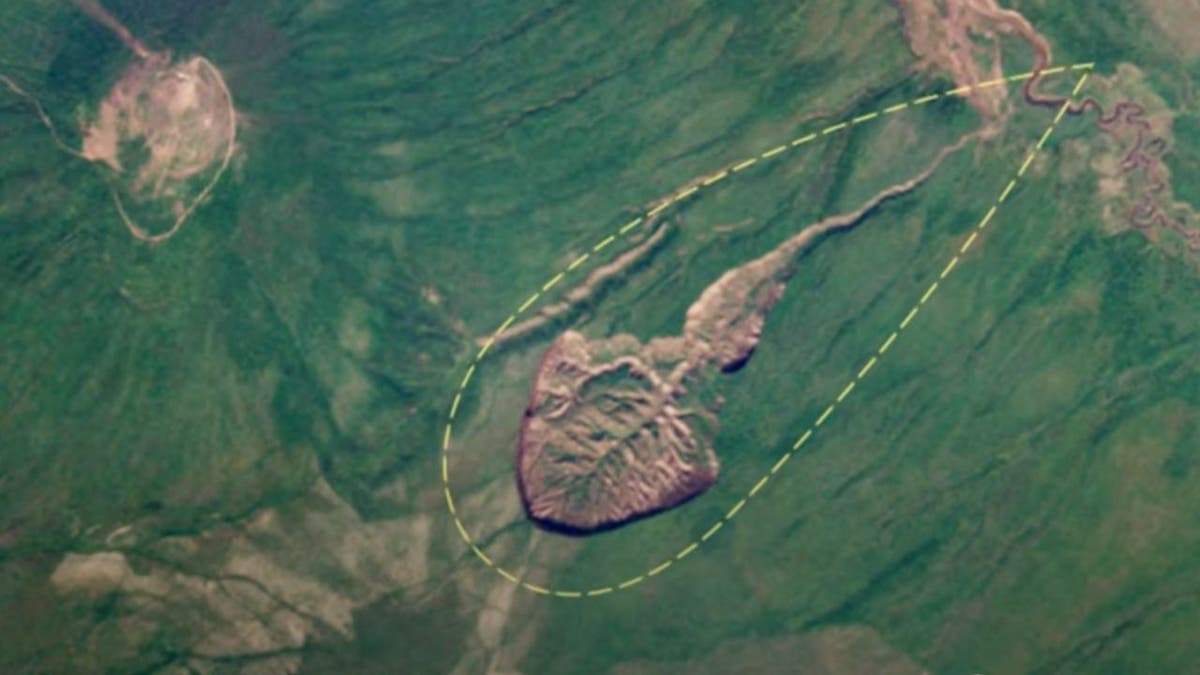
In the remote reaches of Siberia, a colossal scar on the Earth’s surface is expanding at a breathtaking pace, swallowing up the frozen landscape and potentially unleashing ancient threats. The Batagaika crater, aptly nicknamed the “Gateway to Hell,” is not just a geological curiosity, it’s a stark reminder of the rapid changes our planet is undergoing.
4 DAYS LEFT! I’M GIVING AWAY A $500 GIFT CARD FOR THE HOLIDAYS (Ends 12/3/24 3 pm ET)
Enter by signing up for my free newsletter.
Batagaika crater (Murton et al./Permafrost Periglacial Processes) (Kurt “CyberGuy” Knutsson)
A monstrous sinkhole in the permafrost
Imagine a gash in the Earth so large you could fit several football stadiums inside it. That’s the Batagaika crater for you. This massive thermokarst depression – a fancy term for a giant permafrost-thaw sinkhole – is growing at an astonishing rate of 35 million cubic feet each year. To put that into perspective, it’s like carving out a small town’s worth of earth annually. Currently stretching about 0.6 miles long and 0.5 miles wide at its widest point, this behemoth shows no signs of slowing down. In fact, it’s speeding up, driven by a vicious cycle of warming temperatures and melting ice. This study was published in the journal Geomorphology.

Batagaika crater (Earth Resources Observation and Science Center) (Kurt “CyberGuy” Knutsson)
IS THIS SPACE CAPSULE HOW WE WILL LIVE, WORK IN ORBIT IN FUTURE?
The permafrost paradox
Despite its name, permafrost isn’t actually permanent. It’s ground that’s remained at or below freezing for at least two years. When this frozen soil thaws, it can’t support the weight above it, leading to collapse and the formation of these massive “slumps.” The Batagaika crater is a prime example of this process in overdrive. As the permafrost melts, it exposes more soil to sunlight, which then melts more permafrost. It’s a feedback loop that’s difficult to break, especially in our warming world.
KURT’S BEST NEW BLACK FRIDAY DEALS

Batagaika crater (USGS) (Kurt “CyberGuy” Knutsson)
RACE TO FLOAT TOURISTS TO EDGE OF SPACE HEATING UP
Unlocking ancient secrets – and dangers
While the sheer size of the Batagaika crater is impressive, what’s truly mind-boggling is its depth, both physical and temporal. The steep walls of this mega-slump reveal permafrost layers estimated to be 650,000 years old. That’s older than our species. But with ancient ice comes ancient dangers. Scientists have already revived a 48,500-year-old “zombie virus” from Arctic permafrost, and there’s concern about what other long-dormant pathogens might be awakening. It’s not just a plot from some sci-fi movie anymore. It’s a real consideration for modern science and medicine.

Batagaika crater over time (Murton et al./Permafrost Periglacial Processes) (Kurt “CyberGuy” Knutsson)
CALIFORNIA’S FIRST ELECTRIC TRAIN COULD BE WHAT’S COMING TO YOUR CITY
A carbon time bomb
The Batagaika crater isn’t just releasing potential pathogens. It’s also unleashing a significant amount of carbon into the atmosphere. According to recent studies, this single mega-slump is responsible for releasing 4,000 to 5,000 tons of organic carbon every year. That’s equivalent to the annual emissions of about 1,000 cars. This release of carbon, previously locked away in the frozen ground, further contributes to global warming, potentially accelerating the very process that created the crater in the first place.
SUBSCRIBE TO KURT’S YOUTUBE CHANNEL FOR QUICK VIDEO TIPS ON HOW TO WORK ALL OF YOUR TECH DEVICES

Batagaika crater (USGS) (Kurt “CyberGuy” Knutsson)
Kurt’s key takeaways
The Batagaika crater, while extreme, is not unique. It represents a process happening across the Arctic and sub-Arctic regions. As our planet continues to warm, more of these massive permafrost thaw features are likely to appear. While some might see the crater as a tourist attraction – and indeed it has become one – it’s crucial to recognize it as a warning sign. The “Gateway to Hell” is more than just a catchy nickname; it’s a portal into a possible future where rapid environmental changes reshape our world in ways we’re only beginning to understand. The question remains: Will we heed the warning signs and take action, or will we continue to watch as more gateways open across our warming world?
What are your thoughts on the potential impacts of ancient pathogens being released from melting permafrost, and how do you think we should address the challenges posed by climate change? Let us know by writing us at Cyberguy.com/Contact.
For more of my tech tips and security alerts, subscribe to my free CyberGuy Report Newsletter by heading to Cyberguy.com/Newsletter.
Ask Kurt a question or let us know what stories you’d like us to cover.
Follow Kurt on his social channels:
Answers to the most asked CyberGuy questions:
New from Kurt:
Try CyberGuy’s new games (crosswords, word searches, trivia and more!)
Enter CyberGuy’s $500 Holiday Gift Card Sweepstakes
KURT’S HOLIDAY GIFT GUIDES
Deals: Unbeatable Best Black Friday deals | LaptopsDesktopsPrinters
Best gifts for: MenWomen |Kids | Teens |Pet lovers
For those who love: Cooking Coffee Tools Travel Wine
Devices: LaptopsDesktopsPrintersMonitorsEarbudsHeadphonesKindlesSoundbarsVacuumsSurge strips and protectors
Accessories: CarKitchenLaptopKeyboardsPhoneTravelKeep it cozy
Can’t go wrong with these: Gift cards | Money-saving apps | Amazon Black Friday insider tips
Copyright 2024 CyberGuy.com. All rights reserved.





